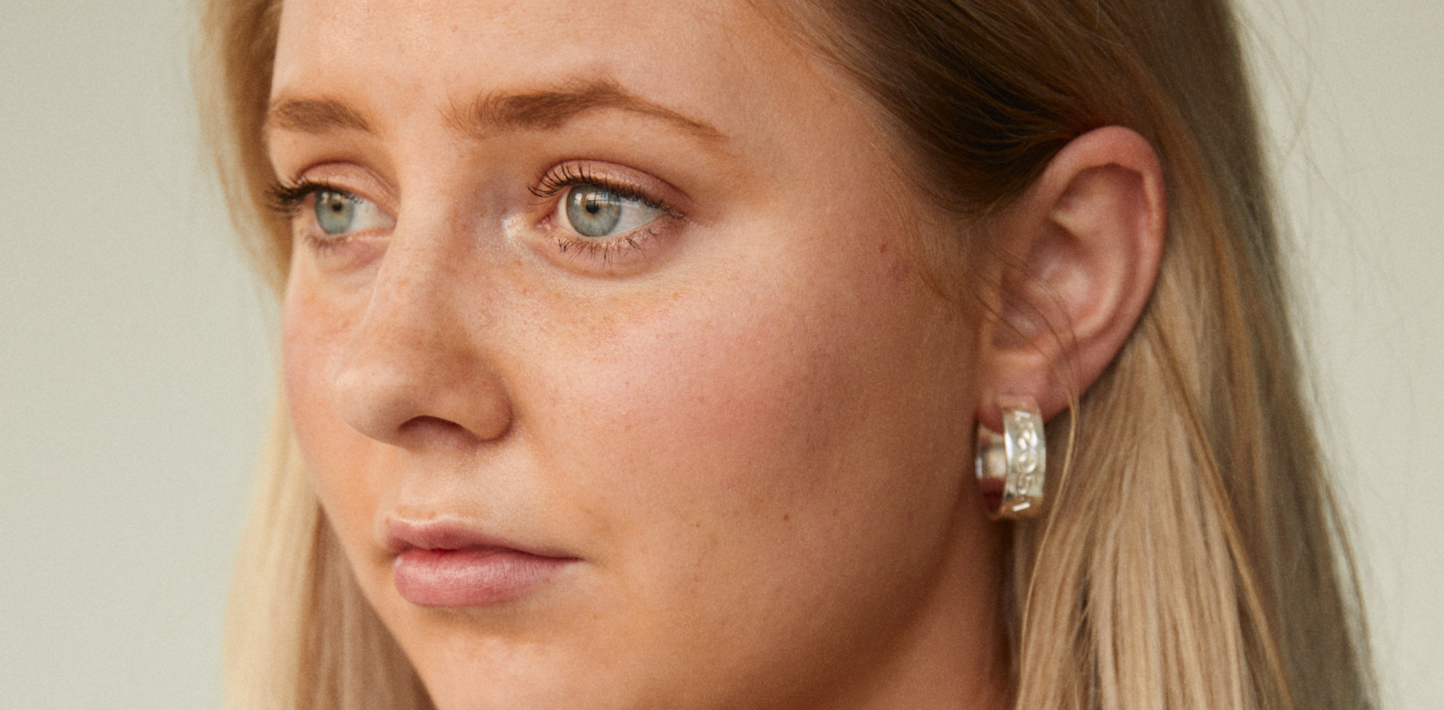“We reported it right away… right after it happened, we are talking about 10 minutes after.”
Emilie reported to police that she was raped at a party, while she was asleep in bed. She says she left the house with a friend and immediately called the police who came straight away and made arrests. She went to hospital to be examined and was questioned there, before the victim’s legal counsel, to whose assistance victims are entitled in Denmark, was present.
Emilie says she was still in shock at this point. After she came home, nobody called to update her, so her mother called the police a couple of times to find out what was happening. Around a month later, Emilie was called in for a formal interview with a victims’ counsel lawyer present.
The police officers again asked her about what had happened at the party, along with a range of stereotypical questions such as ‘how much had you drunk that night?’ and ‘were you flirting with him?’ – something they were really pushing, according to Emilie. Then they read her the suspect’s statement, in which he said that they had had consensual sex.
Emilie asked the officers why her friend, who had been the most involved witness on the night, had not been questioned up to that point. She was later brought in for questioning. Emilie says it was at this point that the police hinted that she shouldn’t count on it going to trial, because it was ‘her word against his’.
It did go to trial, however, but as the hearing approached Emilie heard nothing from her lawyer until the day before. She had never been in a courtroom before and did not know what to expect.
In court she was asked if she remembered the defendant, how much they had been talking, had they been flirting? Emilie did not know the man accused before and did not even know his name. The defence lawyer had printed pictures from Emilie’s Instagram account and was asking questions about where she had been since and what she had done, to try to show that she engaged in “normal”, everyday activities after the alleged rape.
The defendant was sentenced to nine months, with three on probation. The prosecutor appealed the leniency of the sentence because Emilie said she had been asleep at the time and a new trial was set, this time in national court. All this was taking place around Emilie’s school exams.
Emilie had a new lawyer, who seemed more engaged and was in more frequent contact with her, which she was pleased about. But when the trial came, it was different to the last one.
Emilie was interrogated for at least 2 hours in court; at what point did she first wake up? How loud did she cry out? What movements had she made? Then she was asked about her life after the attack, when she had been trying to move on and not think about it; how had she been able to continue going to school after such an experience? How could she continue going out with friends?
“They were almost making it seem as if, just because I was able to maintain my normal life, that I could not have been raped.”
“I do not think there was one single time when I stopped crying at all, for the two hours I sat in there…. It was like an assault all over again… It was really hard to go through it all.”
Almost two weeks later, after calling the court herself, Emilie was told that the man had been found not guilty.
“Of course, no innocent person should be convicted, and of course they have to ask questions, but I think there has to be a limit to how much you can push a victim. Because for me, my reaction was that I completely froze, in utter shock… so when they sit there and really push me in court, it is almost like experiencing it all over again, and then you end up feeling worse about yourself, feeling like ‘it’s my fault, it was me who did something wrong’. You shouldn’t feel like that as a victim.”
Emilie told Amnesty International she felt that, not only did the justice system not help her, but that the experience made everything worse.
“I don’t think I could handle having to report it again. I really wouldn’t want to.”
But she did not stay silent. Emilie found the strength to speak out and became an active campaigner in Denmark. She knows she is not alone in her experience of reporting rape and going through the justice system.
No-one who reports rape should be made to feel this way by the justice system.


